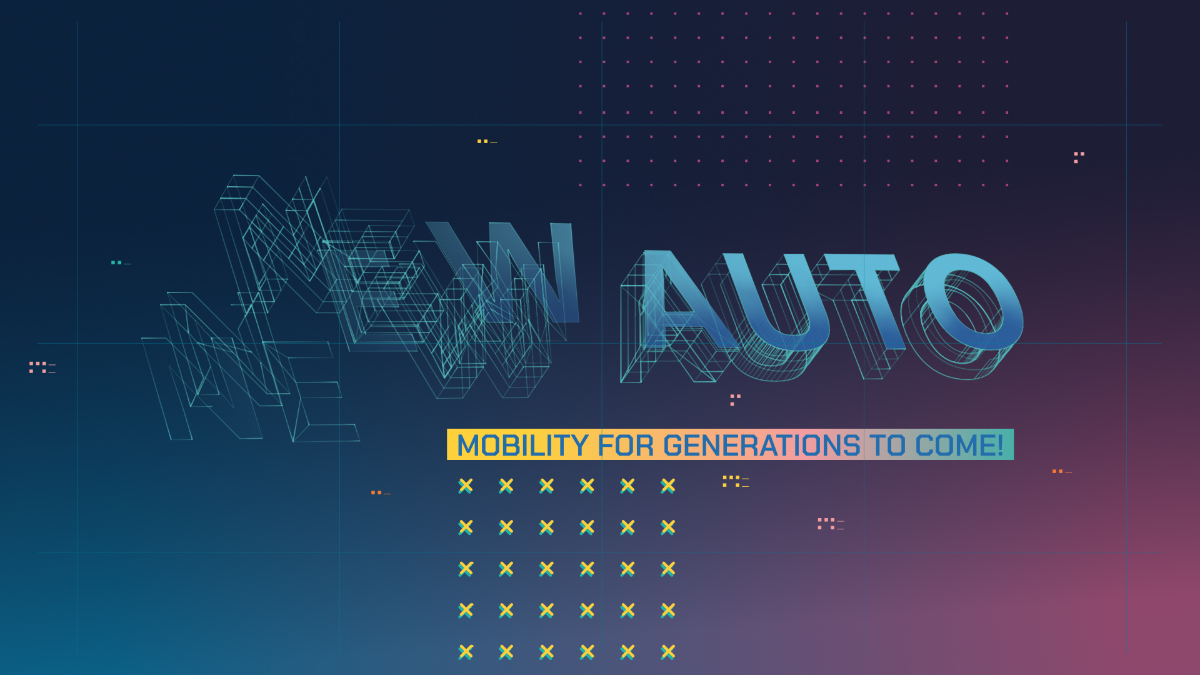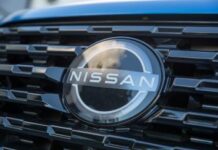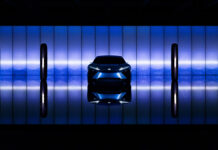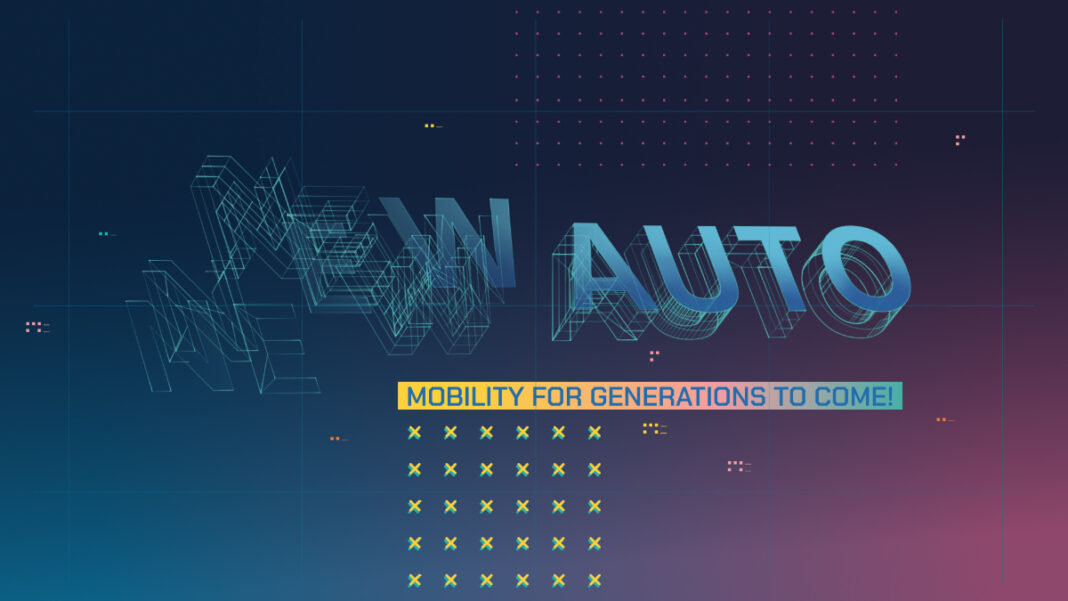
Volkswagen Group Technology is the central technology supplier for the electric vehicles based of the Volkswagen Group. In the case of the ID.7, Volkswagen’s new flagship, the division contributes around 40 percent of the total value added – including a completely new, highly efficient electric drive generation. This was announced today by Thomas Schmall, Member of the Board of Management of Group Technology, at the Vienna Motor Symposium 2023. Since September 2020, Volkswagen Group Technology has already equipped more than 580,000 MEB vehicles of the Group with high-tech components, making it one of the largest suppliers in the world of e-mobility.
Thomas Schmall, Member of the board of management of Volkswagen AG for Technology: “Our goal is to be the technology leader in e-mobility as well. That is why we focus on scalability, competitive vertical integration and the further expansion of our comprehensive internal competencies. In doing so, we relying on our decades of experience in the development of technologically leading, competitive components for combustion technology and on our strong position in e-mobility, which we have successively established over the past years.”
New, highly efficient APP550 electric drive
In the ID.7, the completely new, highly efficient drive generation debuted under the internal designation APP550, which is characterized by higher performance and improved efficiency. With 210 kW (286 hp), it is the most powerful electric motor in the MEB to date and helps the ID.7 achieve a range of up to 700 kilometers (WLTP2).
Technically, the unit relies, among other things, on an enhanced stator with a higher effective number of windings and a larger wire cross-section. The rotor as its counterpart is equipped with more powerful and more resilient permanent magnets. The use of special electrical sheets and new machining processes also ensures an optimized overall system with increased efficiency.
The new unit was developed in collaboration with Volkswagen Passenger Cars’ Technical Development and will also be used in other MEB models in the future. Production takes place at the Volkswagen Group Technology site in Kassel. Kassel is the Group-wide competence center for the electric drive system and now has around 15 years of experience in the development of electric drives.
In addition to the electric drive, Volkswagen Group Technology develops and produces a whole range of other tech components for the MEB models of the Group brands. The plants in Braunschweig, Kassel, Salzgitter and Hanover supply the battery system, axle systems and chassis.
Outlook: Next-generation complete drive system
Volkswagen Group Technology is currently working with Volkswagen Passenger Cars on the electric drive system of the future. To this end, Volkswagen is taking further components into its own hands and is also developing the pulse inverter and thermal management itself. The first pulse inverter “designed by Volkswagen” is currently being developed for series production and can already be used with the next MEB generation. Thanks to the modular principle, the entire range from entry-level engines to sports cars with 500 kW and more output can be realized in the future. The Volkswagen drive system offers considerable cost and efficiency advantages: up to 20 percent more efficiency is possible through the optimum combination of individual components.
Volkswagen Group Technology bundles the Group-wide activities in the areas of batteries, charging and e-components and supports the brands as a group-wide technology supplier. The subsidiaries PowerCo (battery) and Elli (charging & energy) are also connected here. The high-tech portfolio includes the unified cell, which will be produced by PowerCo from 2025 and will set a new benchmark in battery technology. The division also includes the Platform Business, which includes cooperation with external partners such as Ford and Mahindra.
1 ID.7 – Near-production concept car. The vehicle has not gone on sale yet.
2 Depending on the battery size, forecasts indicate that WLTP ranges of up to 700 kilometres will be possible. WLTP range values for production vehicles may vary depending on equipment.















